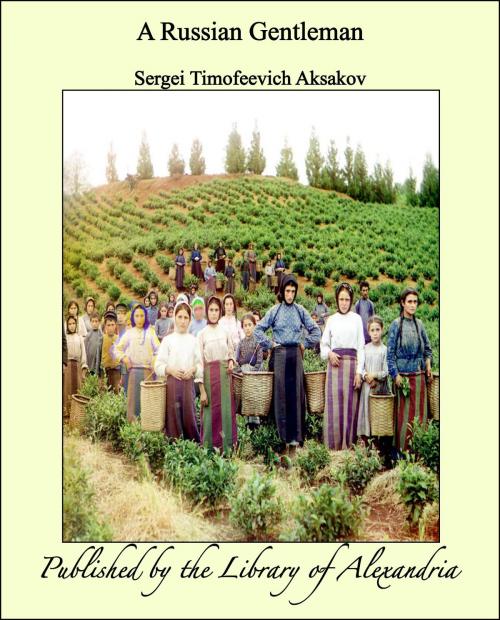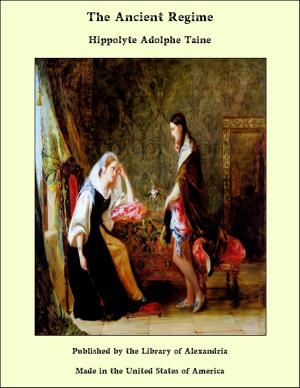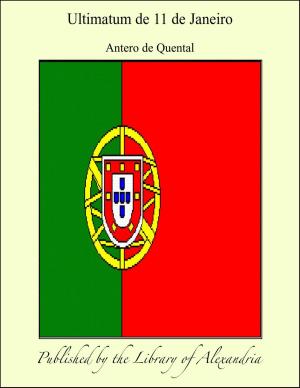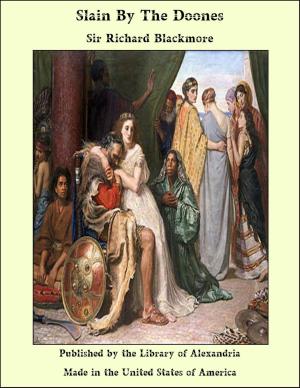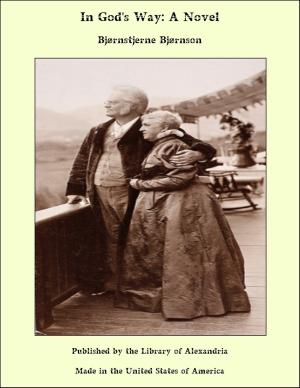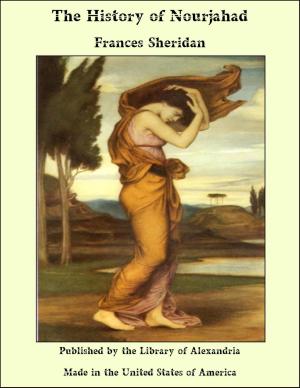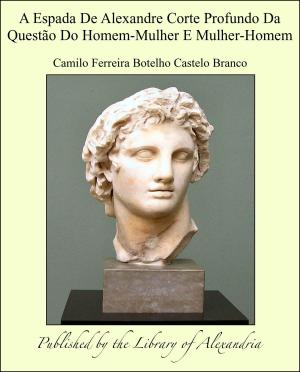| Author: | Sergei Timofeevich Aksakov | ISBN: | 9781465559234 |
| Publisher: | Library of Alexandria | Publication: | July 29, 2009 |
| Imprint: | Library of Alexandria | Language: | English |
| Author: | Sergei Timofeevich Aksakov |
| ISBN: | 9781465559234 |
| Publisher: | Library of Alexandria |
| Publication: | July 29, 2009 |
| Imprint: | Library of Alexandria |
| Language: | English |
TRANSLATOR'S Serge Aksakoff,1 the author of this Russian classic, was born at Ufa, in the district of Orenburg, on September 20, 1791. His father held some office in the law-court of the town, and his grandfather lived in the country as the owner of large estates, to which Aksakoff ultimately succeeded. His grandfather had migrated about 1760 from Simbirsk to Ufa, where the population consisted mainly of Tatars and a number of Finnish tribes—Mordvinians, Choovashes, and others. Aksakoff was educated at Kazan, and entered the Civil Service in 1808. After serving in many different capacities—he was censor of the Press at Moscow for some years—he retired in 1839 and devoted himself exclusively to literature. He married in 1816; and his two sons, Constantine and Ivan, both played a conspicuous part in the public life of Russia. He died at Moscow, after a long and painful illness, on April 30, 1859. He began to write this book soon after his retirement from the public service. Portions of it were published in a Moscow magazine in 1846; and the whole work appeared, with the addition of a short Epilogue, in 1856. He published Recollections in the same volume; and Years of Childhood—which should have preceded Recollections—followed in 1858, the last year of his life. The reader, when he reflects that Aksakoff's present narrative ends with the day of his own birth, will be inclined to think that the author must have had a lively imagination. I therefore translate the sentence with which Skabichevsky, a critic of reputation, begins his review of Aksakoff's work:—"Aksakoff's books are remarkable, first of all, on this ground: you will find in them no trace of creative or inventive power
TRANSLATOR'S Serge Aksakoff,1 the author of this Russian classic, was born at Ufa, in the district of Orenburg, on September 20, 1791. His father held some office in the law-court of the town, and his grandfather lived in the country as the owner of large estates, to which Aksakoff ultimately succeeded. His grandfather had migrated about 1760 from Simbirsk to Ufa, where the population consisted mainly of Tatars and a number of Finnish tribes—Mordvinians, Choovashes, and others. Aksakoff was educated at Kazan, and entered the Civil Service in 1808. After serving in many different capacities—he was censor of the Press at Moscow for some years—he retired in 1839 and devoted himself exclusively to literature. He married in 1816; and his two sons, Constantine and Ivan, both played a conspicuous part in the public life of Russia. He died at Moscow, after a long and painful illness, on April 30, 1859. He began to write this book soon after his retirement from the public service. Portions of it were published in a Moscow magazine in 1846; and the whole work appeared, with the addition of a short Epilogue, in 1856. He published Recollections in the same volume; and Years of Childhood—which should have preceded Recollections—followed in 1858, the last year of his life. The reader, when he reflects that Aksakoff's present narrative ends with the day of his own birth, will be inclined to think that the author must have had a lively imagination. I therefore translate the sentence with which Skabichevsky, a critic of reputation, begins his review of Aksakoff's work:—"Aksakoff's books are remarkable, first of all, on this ground: you will find in them no trace of creative or inventive power
